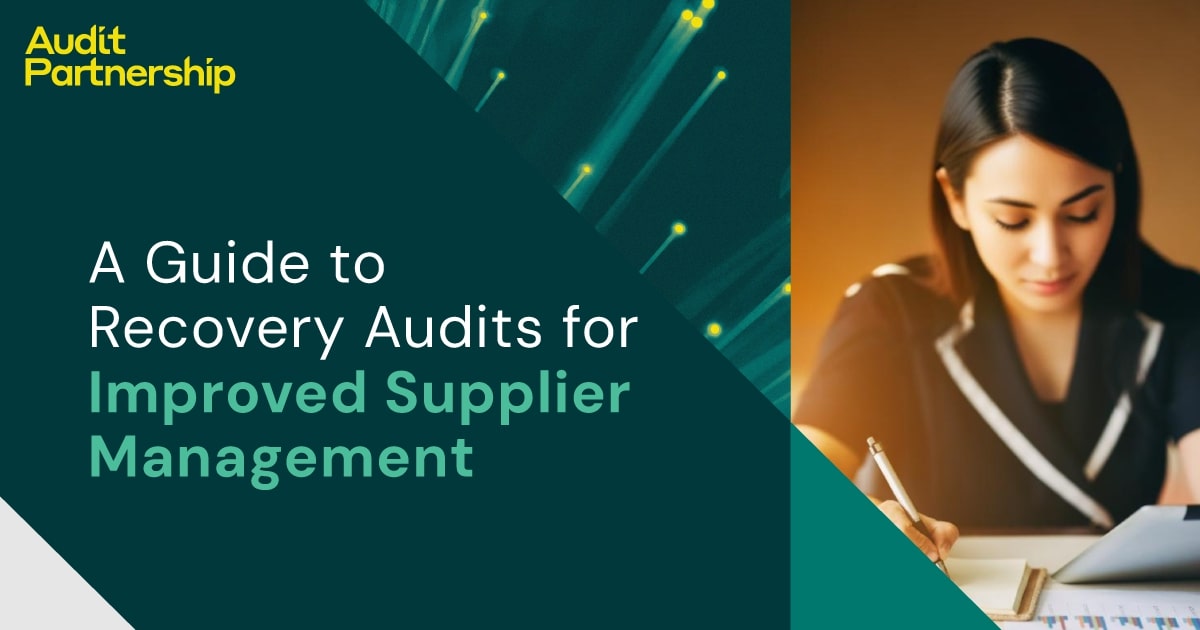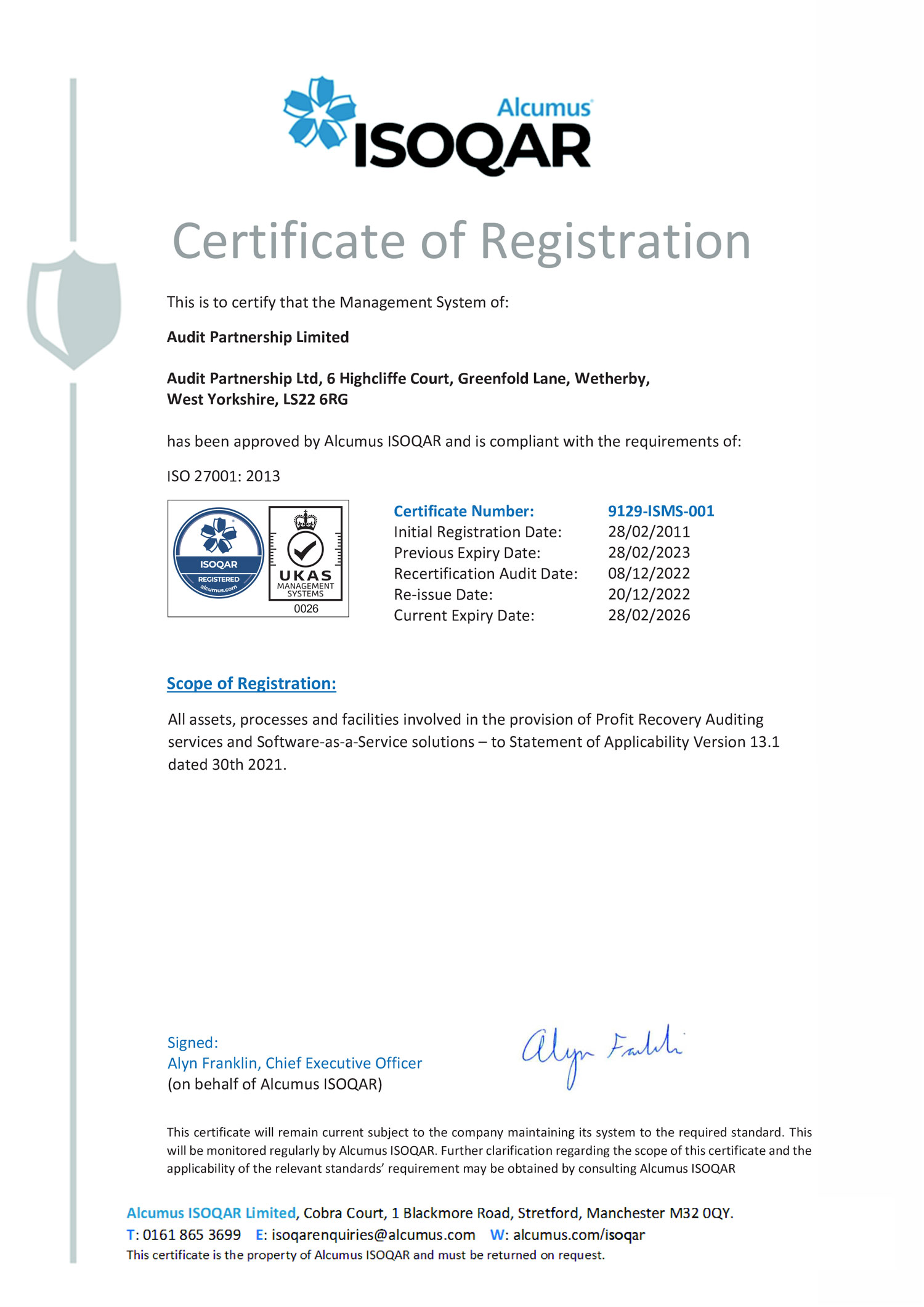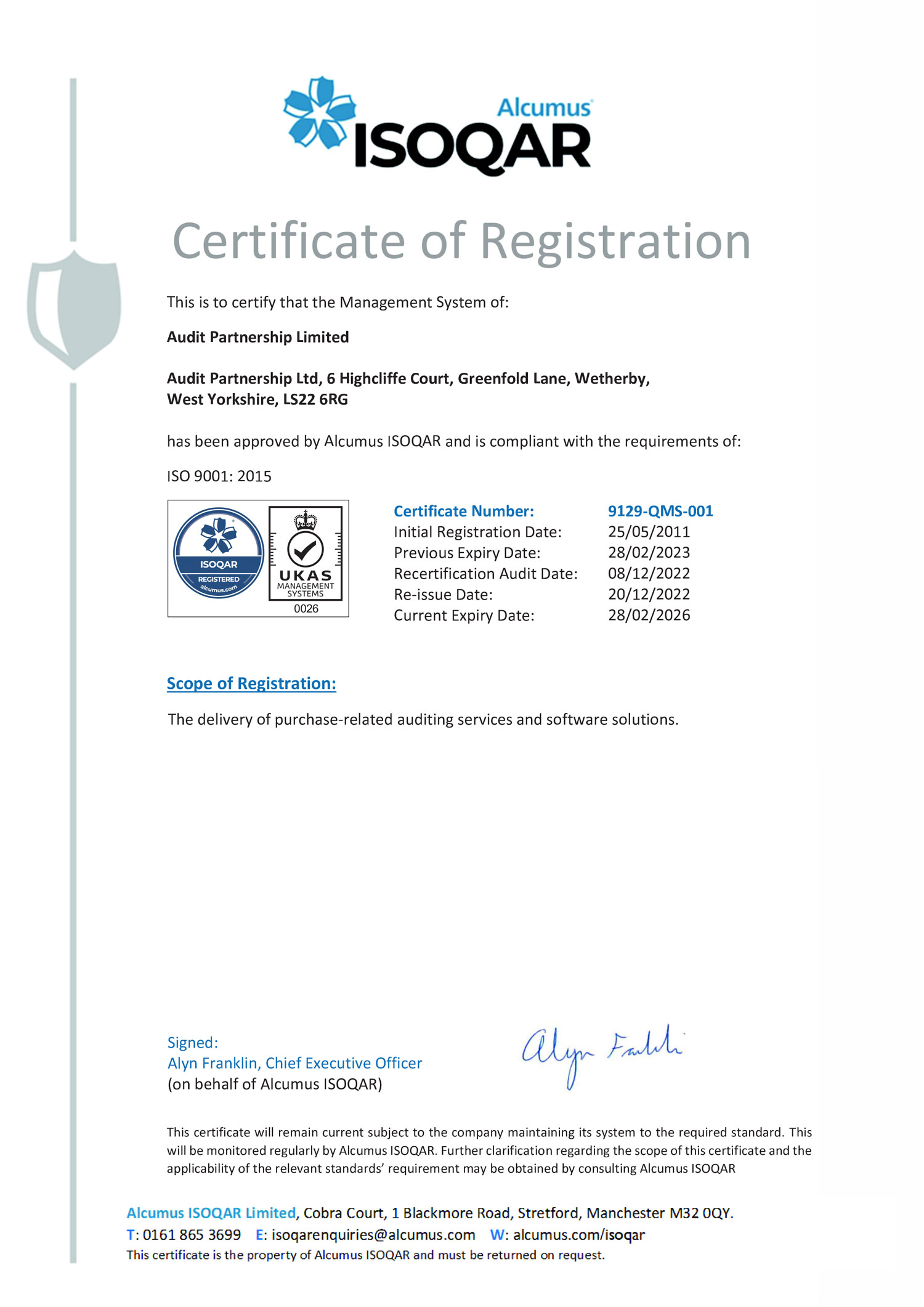
Recovery audits can help organisations identify overpayments to suppliers and recover funds owed. Conducting regular recovery audits and improving supplier management practices based on audit findings can help save money and strengthen relationships with key partners. Let’s explore the guide to Recovery Audits for Improved Supplier Management
What is a Recovery Audit?
A recovery audit involves a third-party auditor thoroughly reviewing invoices, claims, and other transaction records after a payment has been made to identify potential overpayments to suppliers. The goal of a recovery audit is to detect and recover funds lost to overpayments, coding errors, duplicate payments, and other mistakes.
Top 5 Best Recovery Audit Practices for Supplier Management
The following are the best recovery audit practices for supplier management
1. Communicate Audit Findings with Suppliers
The first and most important practice is to communicate audit findings openly with suppliers. When a recovery audit uncovers an overpayment, the client should disclose the detailed findings to the supplier in a transparent manner. This involves sharing documentation of the transactions in question and explaining why it was determined an overpayment occurred.
Open communication builds trust with suppliers and allows them to understand the reasons for recoupments. It also gives suppliers an opportunity to provide additional information or context that may need to be considered.
Discussing specific cases of overpayments respectfully helps suppliers understand issues and make process improvements to avoid future errors. This supports better long-term supplier relationships.
2. Standardise Data and Documentation Requirements
The second practice is to standardise data and documentation requirements across all suppliers. Clients should implement consistent protocols for invoices, receipts, and other supporting documents that suppliers must provide when billing.
Standardisation reduces confusion and errors that can lead to unintentional overpayments. When documentation is uniformly formatted, with all relevant details included upfront, it also enables efficient auditing.
Consistent submission formats and documentation requirements established in contracts make it easier for auditors to validate charges and catch mistakes. This facilitates improved supplier performance over time.
3. Conduct Audits Regularly
Thirdly, recovery audits should be conducted on a regularly recurring schedule, not just every few years. Frequent auditing, even if just sampling a percentage of transactions each month or quarter, allows clients to identify and recoup overpayments more promptly.
It also prevents large amounts from accumulating undetected over long periods of time. Regular audits help encourage ongoing compliance from suppliers year-round.
Scheduled audits every six months to a year allow organisations to identify ongoing problems and track the financial impact of process changes made by suppliers. Regular audits support continuous improvement.
4. Focus on Recouping Overpayments and Prevention
Fourth, the primary goals of recovery audits should be recouping overpayments and establishing controls to prevent future overpayments, not just identifying errors. Clients must have a process for swiftly recouping funds owed once an overpayment is confirmed to minimise monies stuck in erroneous payments.
Audit findings should be used to update billing and invoicing guidelines to avoid repeat issues. Recovery audits should primarily focus on refunding overcharges and working with suppliers to fix underlying issues through improved supplier management.
5. Provide Performance Metrics and Incentives
Finally, clients should provide suppliers with performance metrics and incentives for high accuracy. Examples include ranking suppliers based on audit results or offering volume-based discounts for suppliers with low error rates. This motivates suppliers to double-check their own work to avoid costly recoupments and maintain a cooperative rather than adversarial relationship.
Giving suppliers visibility into their audit results and tying a portion of their compensation to accuracy metrics encourages suppliers to prioritise quality and adopt practices that facilitate accurate billing. This supports win-win outcomes.
Benefits of Improved Supplier Management
Here are 10 key benefits of improved supplier management:
- Significant cost savings by reducing overpayments to suppliers.
- More efficient billing processes with standardised data and documentation.
- Earlier detection and resolution of issues through regular audits.
- Enhanced strategic partnerships through open communication of audit findings.
- Continuous improvement of supplier performance over time.
- Ongoing savings by identifying recurring problems.
- Refunds of overcharges and prevention of future errors.
- Supplier visibility into audit results and performance metrics.
- Incentivising suppliers to prioritise quality through compensation tied to accuracy.
- Strengthening relationships and aligning incentives with key suppliers.
Get the Best Recovery Audit Services from Audit Partnership
Audit Partnership is a leader in providing comprehensive recovery audit services for improved supplier management. With years of experience, we thoroughly analyse payment records and work closely with clients and their suppliers.
We then help clients recover funds owed while guiding them on enhancements. Through our partnerships, organisations have achieved millions in financial recoveries and ongoing savings. Contact us to learn more about starting a customised recovery audit programme and supplier management strategy for your organisation.
Conclusion
Leveraging recovery audits is a proven strategy for uncovering leakage and strengthening key business relationships. Implementing best practices supports continuous performance improvement across the procurement-to-pay process.
With the right recovery audit partner, organisations can maximise financial recoveries while also facilitating long-term enhancements in supplier billing accuracy and contract compliance. Overall, recovery audits are a powerful tool for cost control and operational excellence through improved supplier management.
Frequently Asked Questions (FAQs) – Recovery Audits for Improved Supplier Management
1. What is a recovery audit?
A recovery audit involves a third-party auditor reviewing payment records to identify potential overpayments and recover funds lost to errors.
2. What are the goals of a recovery audit?
The main goals are to detect and recoup overpayments and establish controls to prevent future overpayments and issues.
3. What are the top practices for supplier management?
The top practices include communicating findings, standardising data, conducting regular audits, focusing on prevention, and providing supplier metrics.
4. How can overpayments be recovered?
By having a swift process to recoup confirmed overpayments to minimise cash stuck in erroneous payments.
5. What are the overall benefits of improved management?
Significant cost savings, more efficient processes, continuous improvements and strengthened partnerships.













